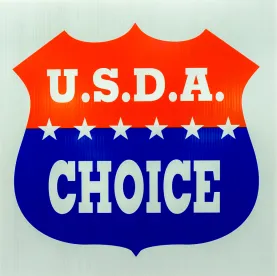On July 20, 2017, the United States Department of Agriculture (USDA) National Institute of Food and Agriculture (NIFA) announced 13 grants worth $4.6 million for research on the next generation of agricultural technologies and systems to meet the growing demand for food, fuel, and fiber. NIFA states that funded projects support nanotechnology-based solutions that improve food production, nutrition, sustainable agriculture, and food safety. The announced grants include:
- Kansas State University, Manhattan, Kansas, $450,200;
- Wichita State University, Wichita, Kansas, $340,000;
- University of Massachusetts, Amherst, Massachusetts, $444,550;
- University of Nevada, Las Vegas, Nevada,$150,000;
- North Dakota State University, Fargo, North Dakota, $149,000;
- Cornell University, Ithaca, New York, $455,000;
- Cornell University, Ithaca, New York, $450,200;
- Oregon State University, Corvallis, Oregon, $402,550;
- University of Pennsylvania, Philadelphia, Pennsylvania, $405,055;
- Gordon Research Conferences, West Kingston, Rhode Island, $45,000;
- The University of Tennessee, Knoxville, Tennessee, $450,200;
- Utah State University, Logan, Utah, $450,200; and
- The George Washington University, Washington, D.C., $450,200.
According to NIFA, the University of Pennsylvania project will engineer cellulose nanomaterials with high toughness for potential use in building materials, automotive components, and consumer products, while the University of Nevada project will develop a rapid, sensitive test to detect Salmonella typhimurium to enhance food supply safety. NIFA notes that previously funded grants include an Iowa State University project in which a low-cost and disposable biosensor made out of nanoparticle graphene that can detect pesticides in soil was developed. University of Minnesota researchers created a sponge that uses nanotechnology to absorb quickly mercury, as well as bacterial and fungal microbes from polluted water.




 />i
/>i
